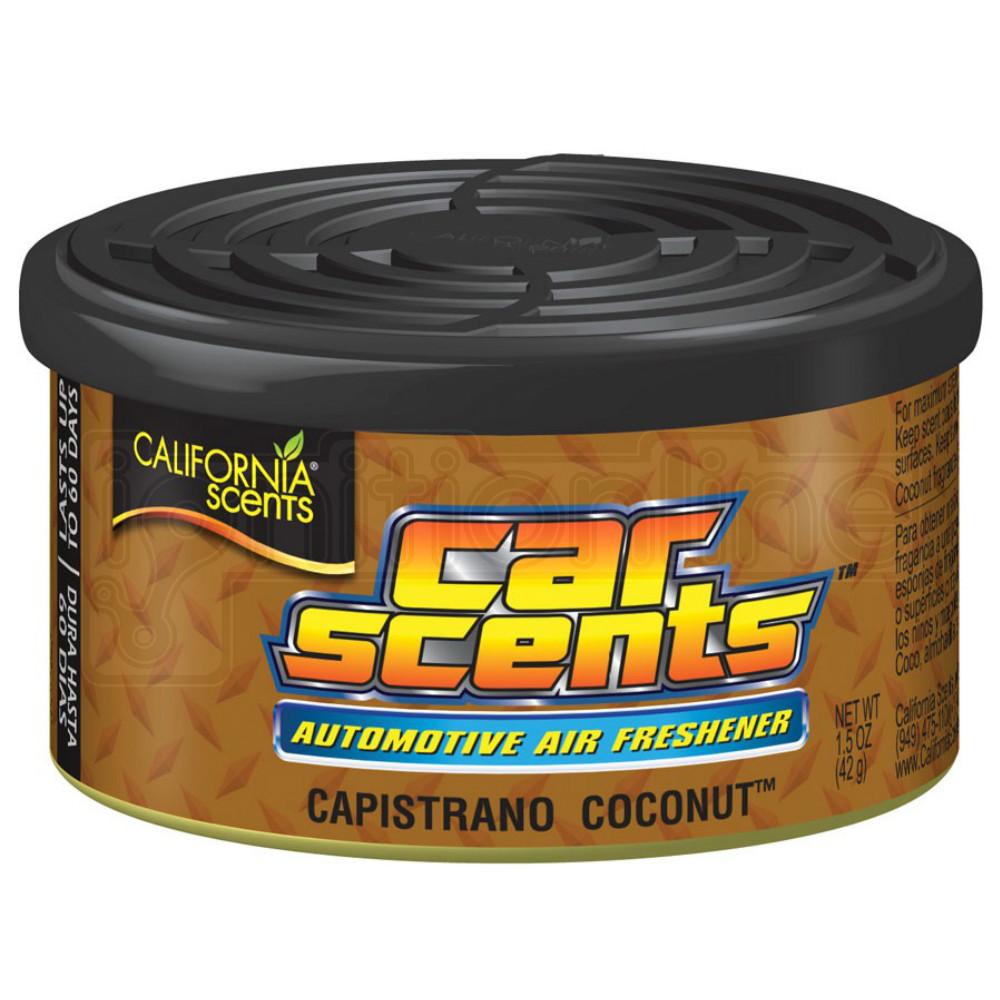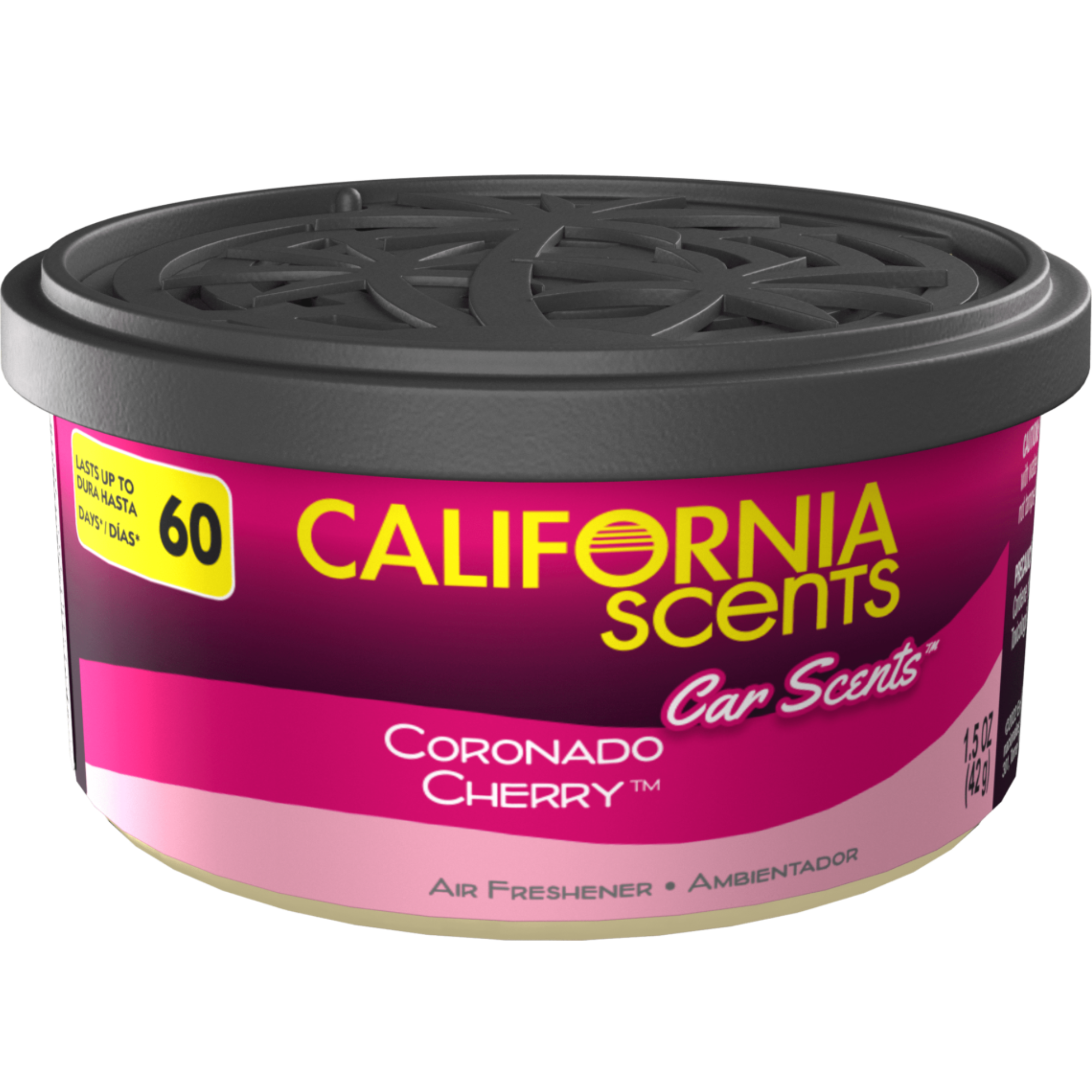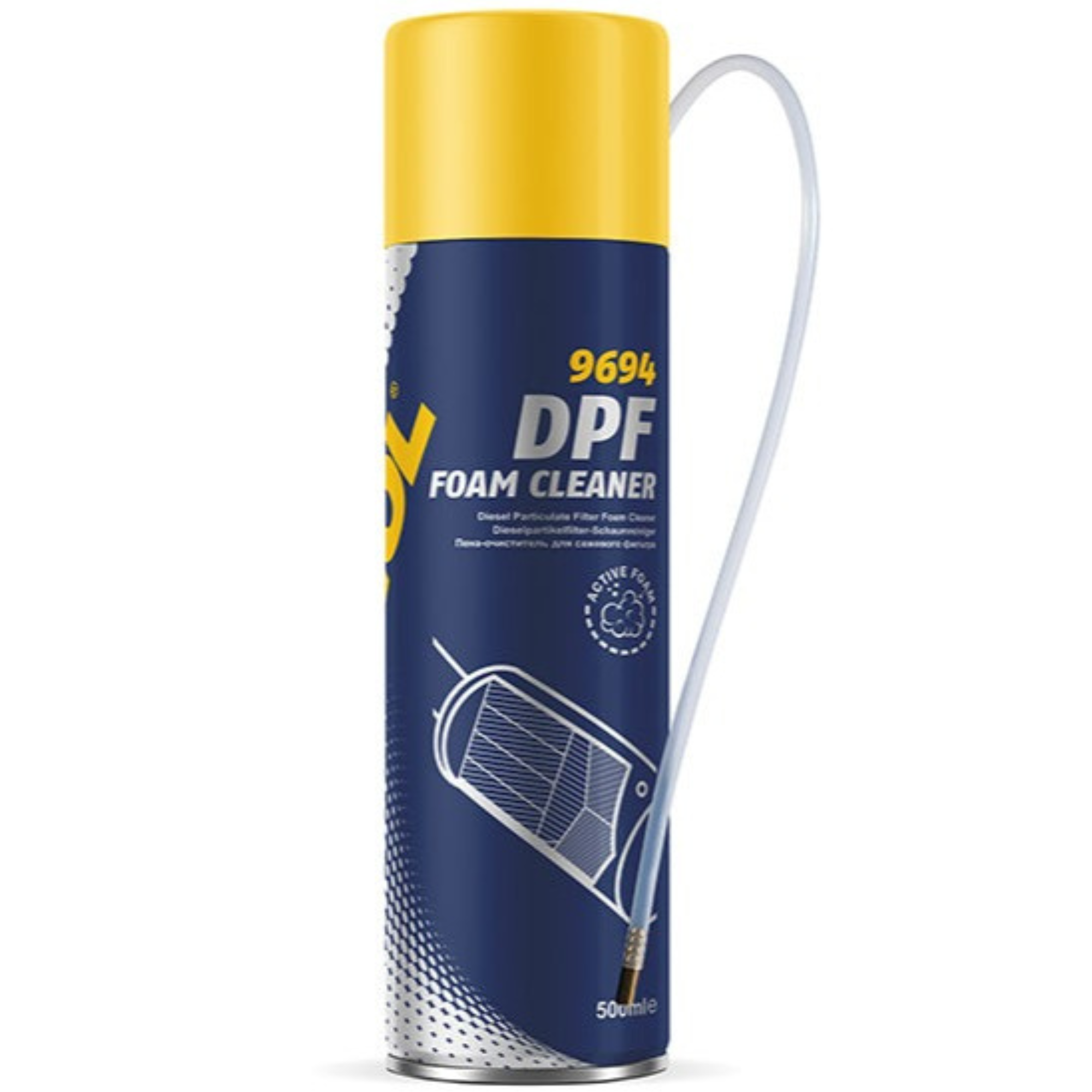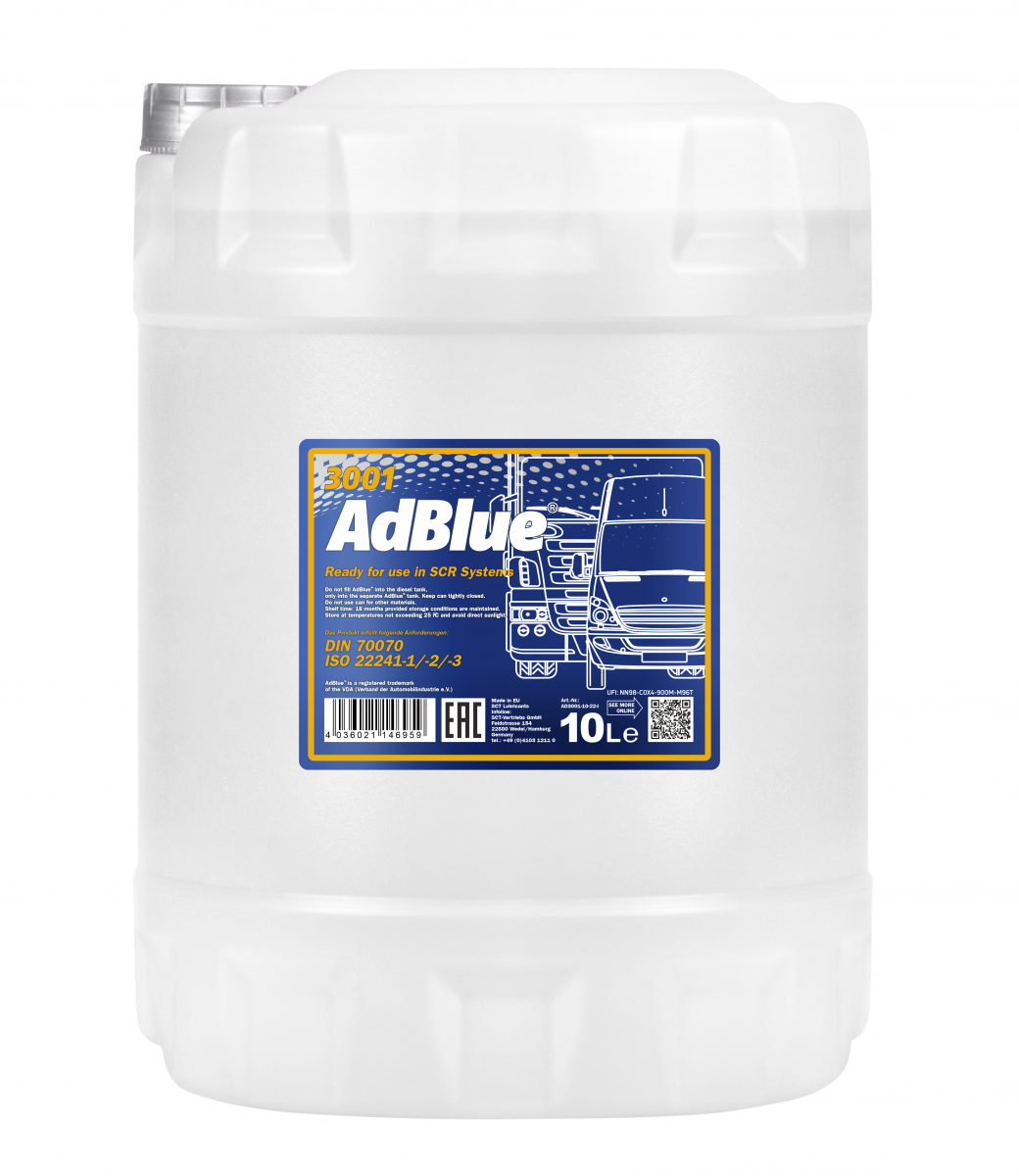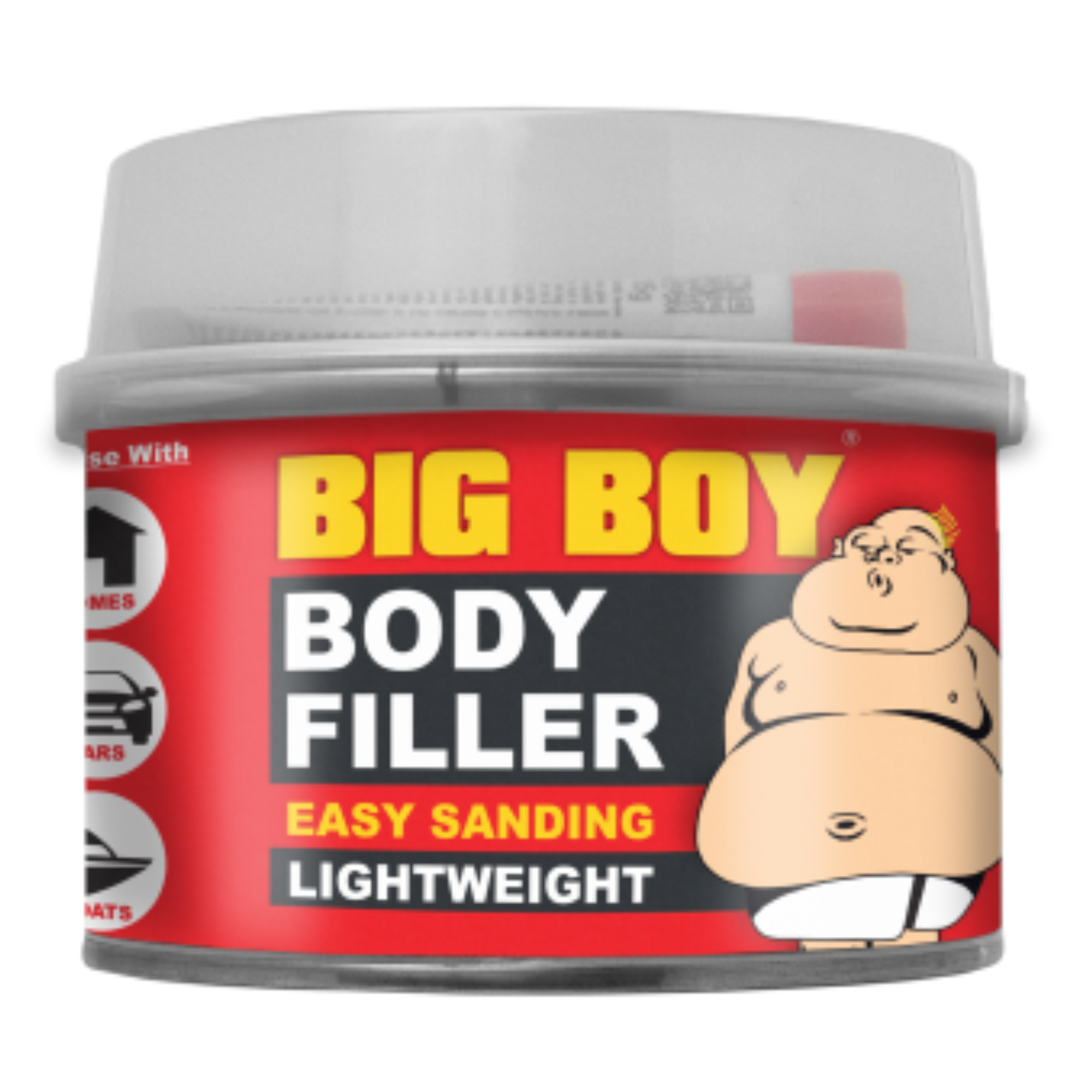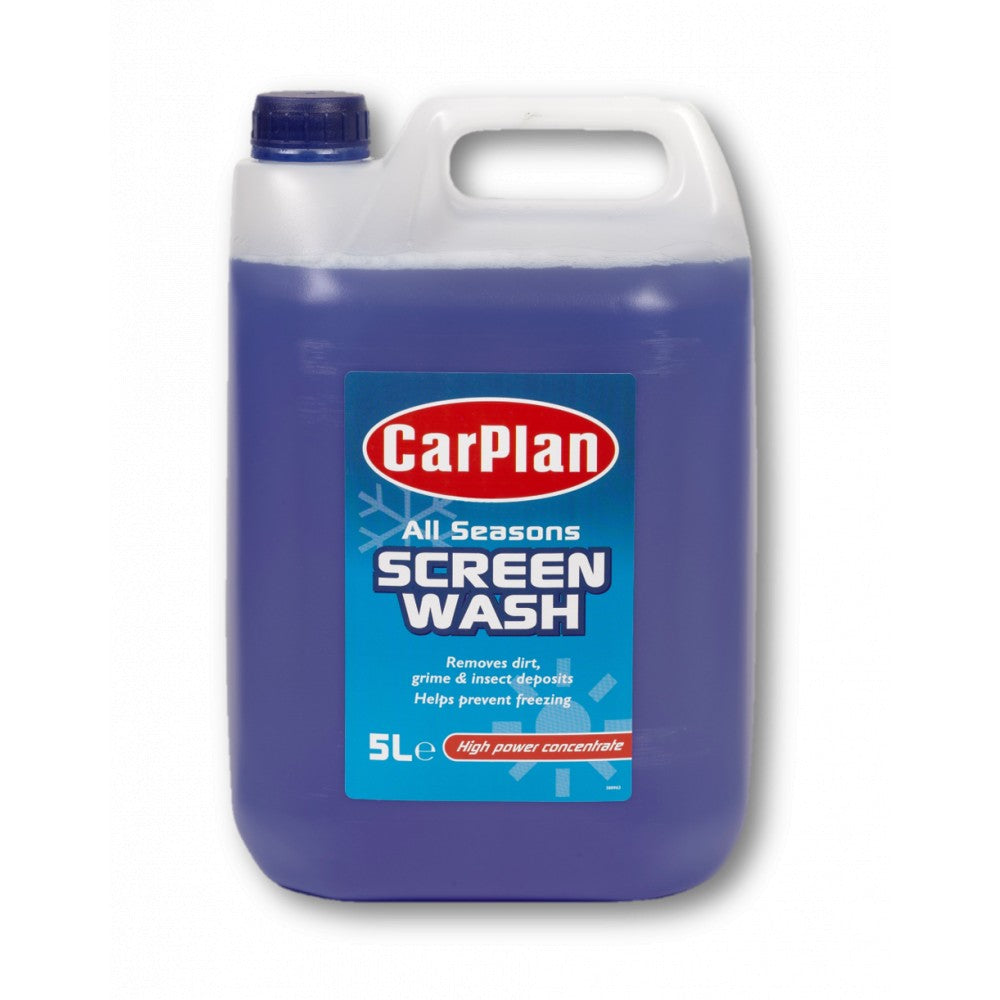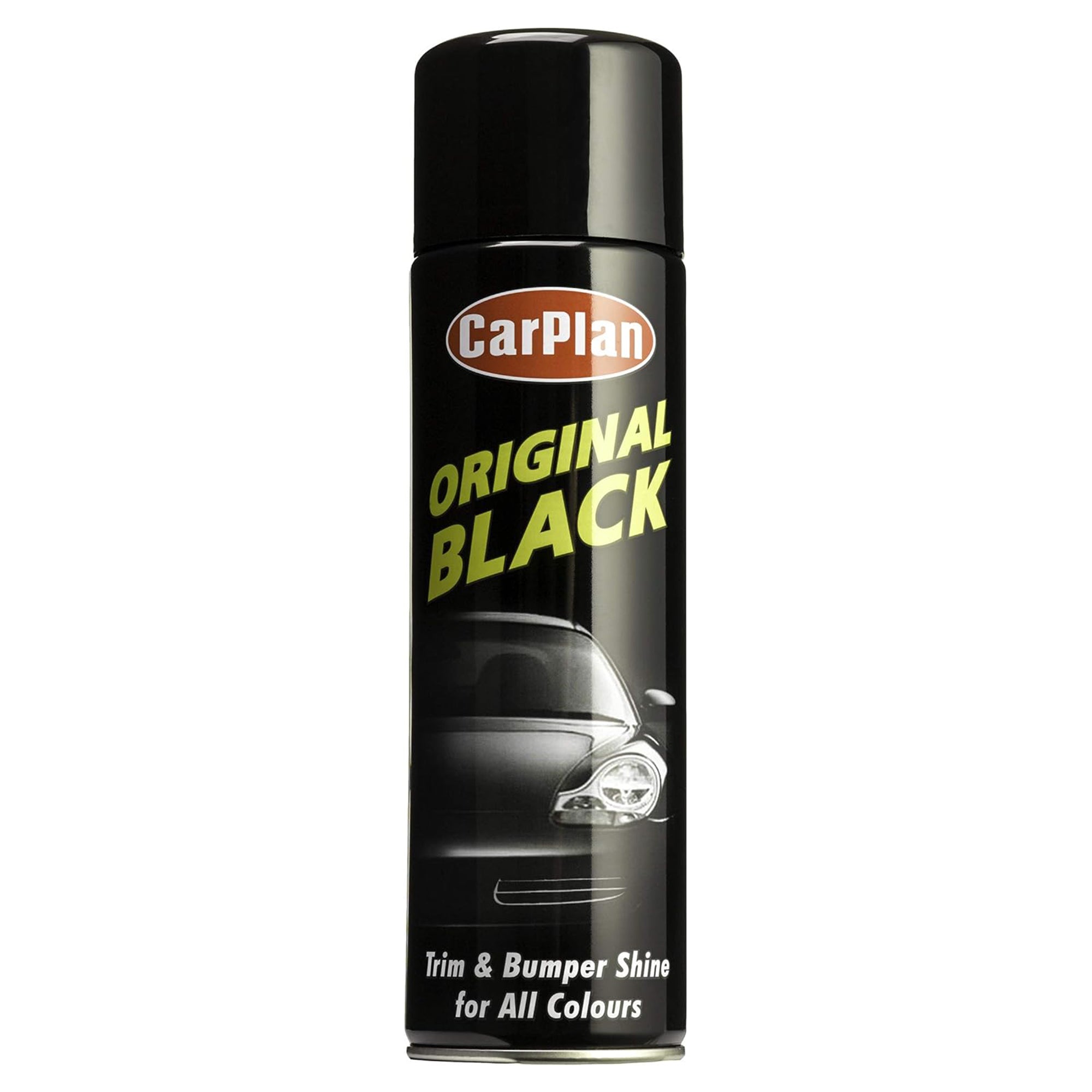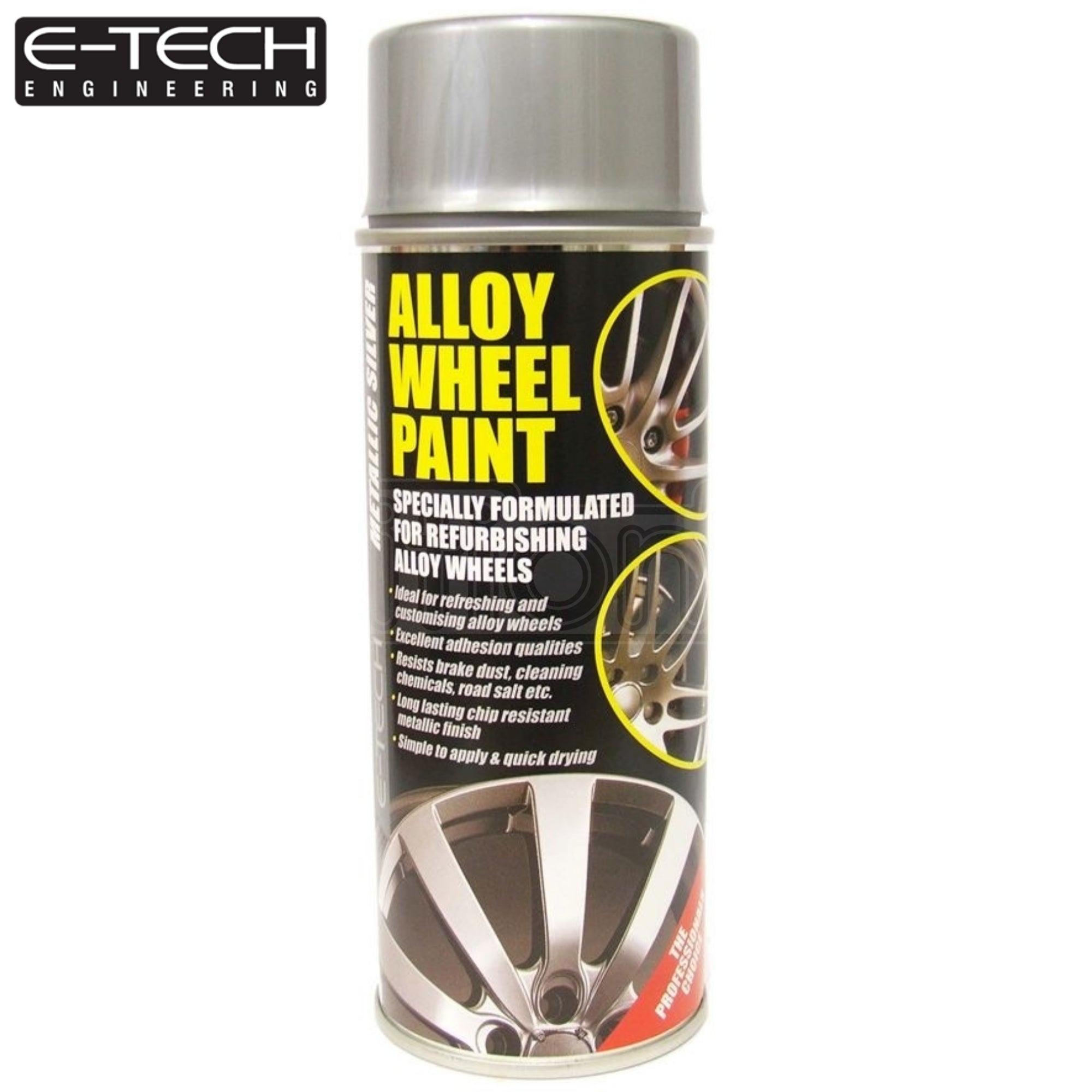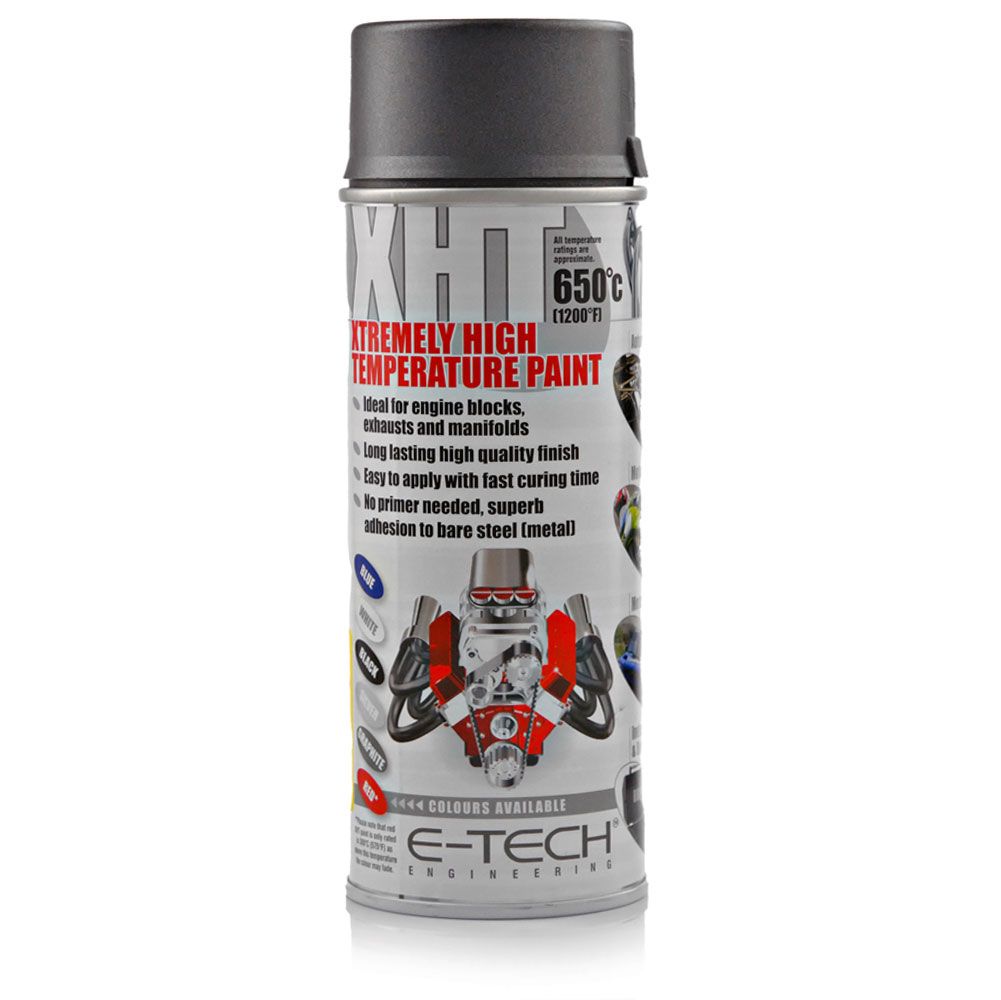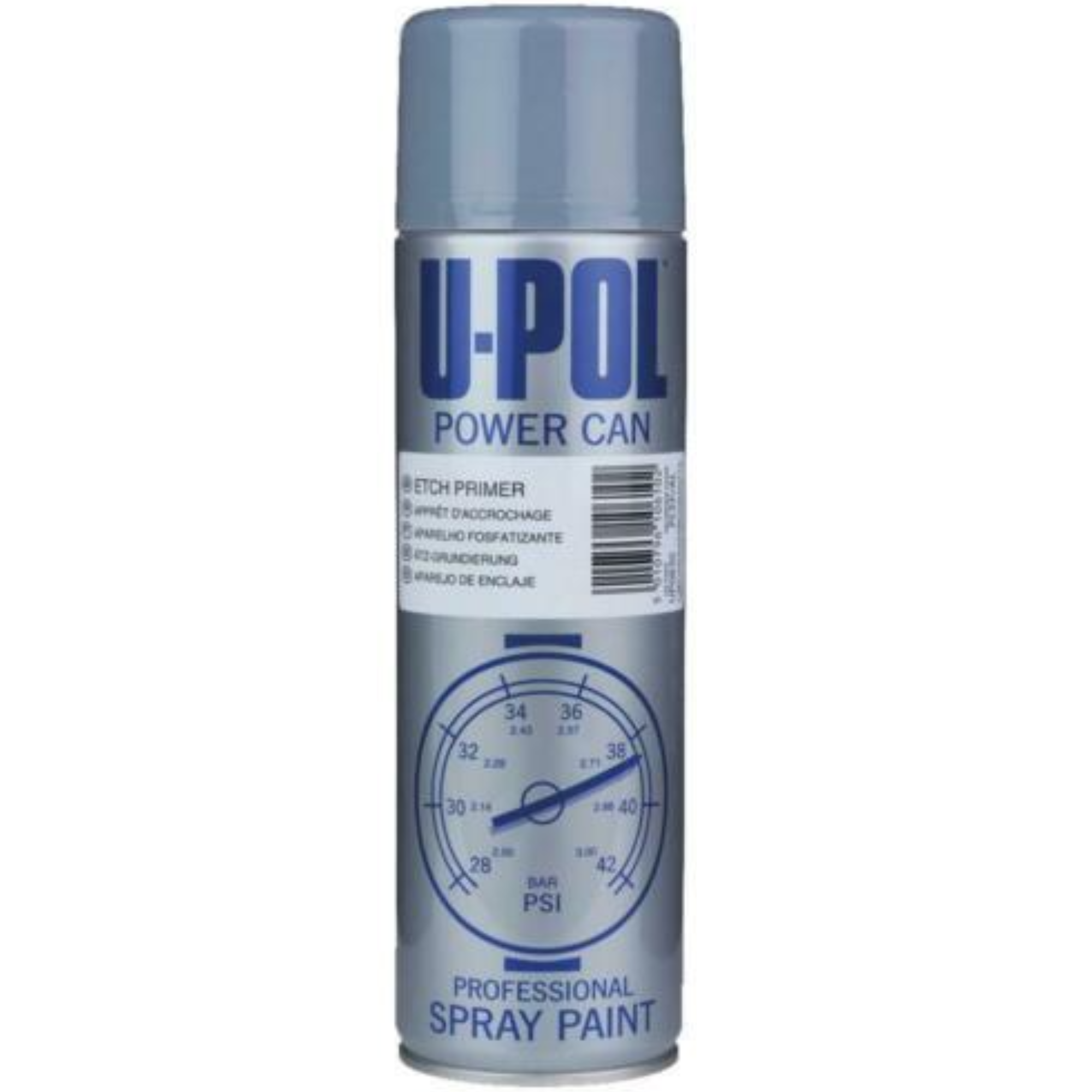-
-
- < Back to Interior Car Accessories
-
Air Fresheners
-
Car Mats
- Steering Wheel Covers
-
Organisers & Storage
-
Car Seat Covers & Protectors
-
Sun Visor
-
- < Back to Exterior Car Accessories
- Car Covers & Protectors
- Door Guard & Protectors
- Wheel Protector & Trim
- Car Styling
- Number Plate Holder
- Mirrors
-
- < Back to Travel Accessories
- European Travel
- Travel Equipment
- Learning To Drive
- Pet Products
-
- < Back to Winter Driving Essentials
- Ice & Snow Scrapers
< Back to Car Accessories -
-
-
- < Back to Exterior Cleaning
- Dirt Removers & Shampoo
- Wheel & Tyre Cleaners
- Brake Cleaner
- Soft Top & Convertibles
- Detailing
-
- < Back to Interior Cleaning
- Leather Cleaner
- Dashboard and Trim Cleaner
- Upholstery & Carpet Cleaner
< Back to Car Care & Cleaning -
-
-
- < Back to Car Paints
- Spray Paint
- Wheel & Alloy Paint
- Specialist & Decorative Paints
-
- < Back to Scratch Repair & Paint Restorers
- Colour Restorers
- Scratch Removers
< Back to Paints & Body Repair -
-
< Back to Tools
-
< Back to Car Parts
Need Help?
Trending Categories
Top Picks
-
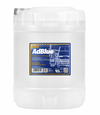 MANNOL AdBlue 10 Litres£12.94
MANNOL AdBlue 10 Litres£12.94
- Show More
Trending Categories
Top Picks
-
 MANNOL AdBlue 10 Litres£12.94
MANNOL AdBlue 10 Litres£12.94
 Antifreeze & Coolant
Antifreeze & Coolant Gasket Sealants
Gasket Sealants Leak Repair
Leak Repair Battery Maintenance
Battery Maintenance